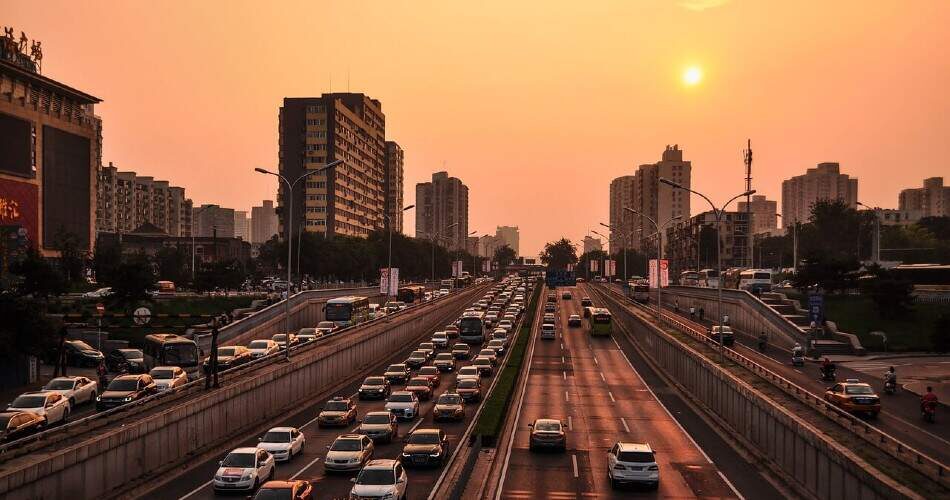Estimated reading time: 4 minutes
Global warming
One of the many hot issues of debate today is global warming. Many questions, such as, ″What is global warming″, ″What causes global warming″, ″What is my role in global warming″, have become popular topics of conversation as of late. Humans have a great responsibility to the Earth they inhabit. If people do not take care of this precious gift, nothing remains for future generations. With proper knowledge, people can make informed decisions about their own role in global warming and the steps they must take to help preserve the Earth.
Climate change
One of the most evident effects of global warming is the small rise in temperature every year. As well as the Earth warming up, there have been noticeable rises in extremes, concerning weather patterns. In short, the Earth is not behaving the way it previously has done. The most commonly accepted explanation for this change is that greenhouse gasses, which are a result of burning fossil fuels and coal released into the environment, are causing an increase in temperature. These gasses include methane, carbon dioxide, CFC’s, nitrous oxide, and troposphere ozone, which form the lowest portion of the Earth’s atmosphere. In addition to greenhouse gasses, humans are increasingly depleting the Earth’s supply of fresh air by tearing down forests. The amount that temperatures have raised in the 20th century is in the range of 13°C (56°F) to 33°C (92°F). Scientists project that temperatures will continue to rise in the range of 1.1°C (33°F) to 6.4°C (42°F) by the end of this century.
The energy crisis
Global warming is a result of unclean energy practices. Humans currently use sources like oil, coal, and petrol to power their homes, cars, and their workplaces. Industries use harmful chemicals to power their plants and allow the refuse to enter the atmosphere at alarming levels. Clean energy is the only solution to this crisis of energy. Many consumers are aware of the term ″Going Green″. This term refers to making better choices about the amounts and types of energy they use. Corporations and many industry leaders have taken steps to reduce their carbon footprint. Saving energy is one way to reduce this. Consumers can buy high efficiency light bulbs, electronics, and appliances to make their effect on global warming smaller. In addition, cars that burn cleaner oils, run on electric energy, and hybrids allow consumers to make strides in a cleaner direction in hopes that industries will continue to spend time and money on researching cleaner options for the consumer. Industries can also make efforts to reduce their effect on global warming. By switching to solar or wind energy, companies not only help the environment, they make an example of themselves that consumers can follow. Additionally, switching to clean-burning fuels and proper disposal of waste can make a huge difference in the health of the Earth.
Severe weather effects
Climate changes affect all human beings. Not only does global warming cause temperatures to rise, it also is responsible for more severe weather conditions in reference to storms. Global warming has caused a rapid rise in the sea level. Before 1993, the rate of rise in sea level hovered around 1.8 mm per year. However, in recent years, that figure has leapt to 2.4 to 3.8 mm per year. Meteorologists have seen an increase in severe storms in the recent past and blame global warming for this rise. While heat waves caused by global warming are expected, experts predict rises in rainfall for higher elevations.
Transportation and global warming
According to NASA, the greatest threat to our environment in regards to global warming is transportation. A report from NASA given in April of 2010 reveals that a study of pollution levels concluded that motor vehicles cause the most dangerous levels of air pollution, making the temperature rise. Additionally, the report stated that there are not sufficient amounts of opposing pollutants to counteract the damage. Although transportation is a major player in the cause of global warming, it is also a major benefactor of the negative effects of the phenomenon. With the rise in sea levels, rainfall, and severity of storms, many roadways, bridges, and tunnels face certain harm, which puts the issue of transportation, especially in areas near or surrounded by water, at a high priority. Heat waves are also causing concern for transportation. Thermal expansion of bridges, railway track joints, and airplane runways pose a threat to transportation the world over. Finally, severe storms, which have become more frequent due to global warming, causes damage to roads and rails while debris blown by strong winds create obstacles along these thoroughfares.
Global warming is a phenomenon that must cease if humans continue to inhabit Earth. Dangerously high temperatures, rising sea levels, and ferocious storms are very real results of pollution and reckless use of the Earth resources. Humans can prevent the spread of global warming by choosing to make conscious efforts to conserve energy and use proper energy sources. Cleaner practices by industry and individuals can help stop global warming from turning earth into a barren land.
If you want to find out about the importance of water for the environment, check out our article on this topic: How important is water for the environment?
[Photo from Pixabay]
